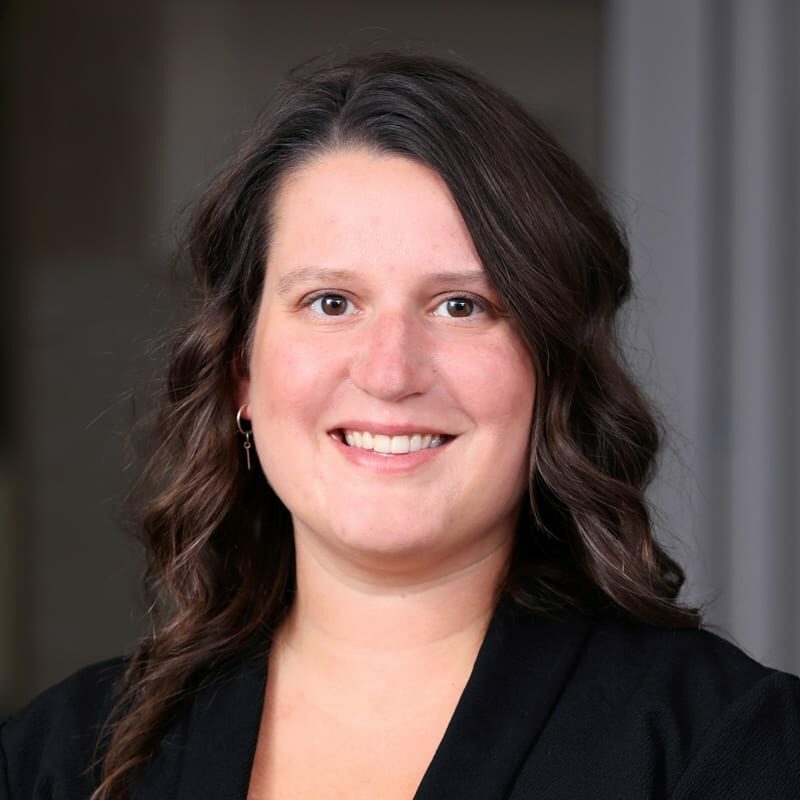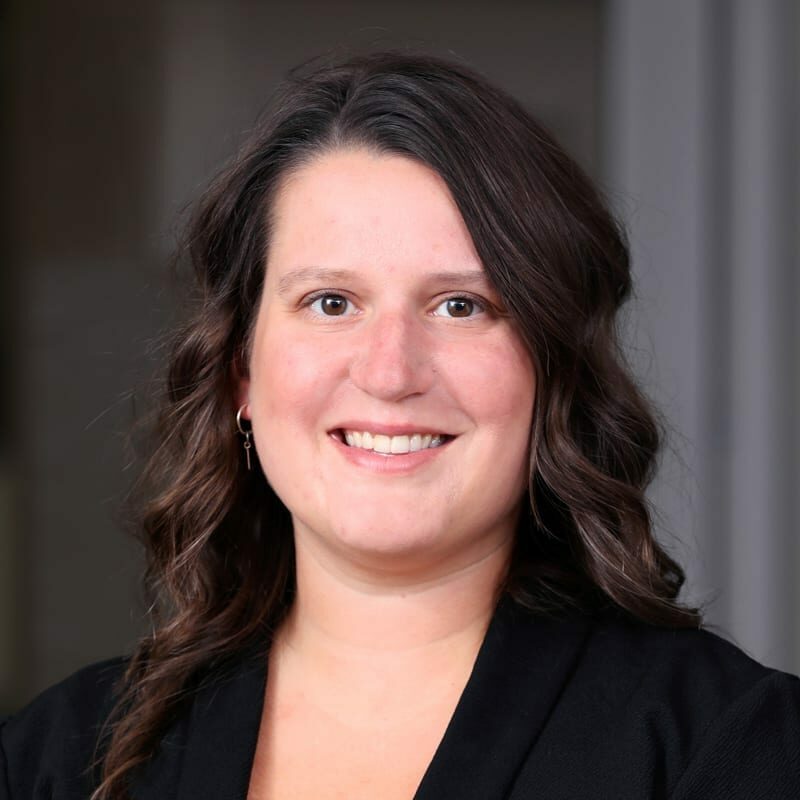Concussions are defined as a traumatic brain injury usually caused by a blow to the head, whiplash, or an abrupt stop of the head.
What is a concussion?
Contrary to what you may have heard, concussions are not “brain bleeds.” The injury creates chemical changes within the brain that can lead to a wide variety of symptoms: headache, “pressure” in the head, nausea, vomiting, fatigue, dizziness, blurred vision, sensitivity to noise/light, memory problems, foggy brain, loss of consciousness, and more. It’s estimated that by the time kids graduate from high school, one in four of them will have suffered from a concussion. That is a huge number and slightly terrifying to think about as a parent.
When it comes to concussions, prevention is key and should be used as the first line of defense. Make sure you know how to spot signs of a concussion, and that your child learns the fundamentals of their sport, understands bicycle safety, and uses a car seat or booster seat. Children should also utilize appropriate safety equipment such as helmets, mouth guards, pads, etc.
Baseline Testing
It is also advantageous to have your child baseline tested. Think of a baseline test like a “pre-season fitness test” for your brain. The baseline test will assess your child’s balance, memory, concentration, coordination, reaction time, and more. If a concussion does occur, a health care professional can look at the baseline test as a tool to assist with getting your child back to the activities they love as soon as safely possible. If you have had your child baseline tested in the past, that’s great! The CDC generally recommends children be re-tested every two years. Our physical therapists can help you find a location for baseline testing if needed.
If you suspect your child has a concussion, the most important thing to do is immediately remove your child from any activity. I generally use the slogan, “If in doubt, sit them out.” Follow up with an athletic trainer or a sports medicine physician who specializes in concussions as soon as possible–they will perform an initial assessment to see if a concussion has occurred. Once a diagnosis is made, your child will be monitored by a team of medical professionals, which will likely include a physical therapist.
Take the time to find a physical therapist who specializes in concussion rehabilitation and/or vestibular rehabilitation, as no two concussions are alike. Your physical therapist will perform an evaluation to determine your child’s specific treatment needs, which may include rehabilitation for the vestibular system, headaches, the cervical spine, cardiovascular training, return to learn, and return to sport. Our experts at the DMU Clinic and the MidAmerican Energy RecPlex will guide you through this process and provide exceptional care.
As frightening as concussions can be, most concussions will resolve within two to four weeks. With the proper treatment, your child will get back to the activities they love!
If you suspect your child has a concussion, or your child has been diagnosed and needs treatment, our exceptional physical therapists at the Des Moines University Clinic can help. We are currently offering in-clinic and virtual appointments for patients. Visit the DMU Clinic website or call 515-271-1717 to learn more.


